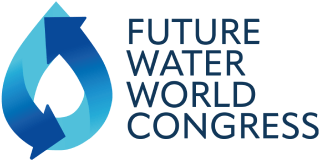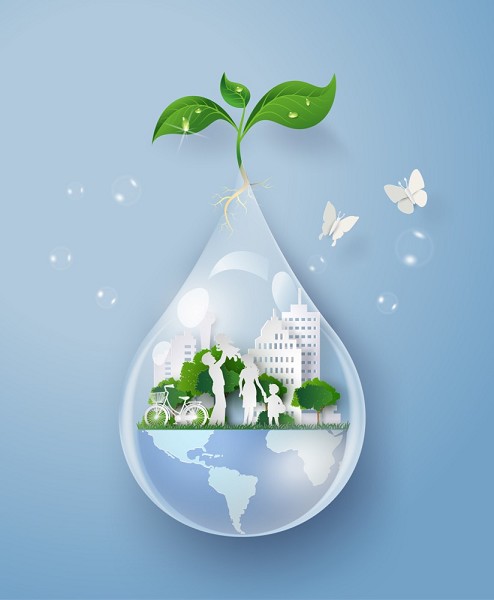The Benefits of Reusing Stormwater as an Effective Water Conservation Strategy
Water scarcity is a pressing global issue demanding our immediate attention. As freshwater resources dwindle and population growth continues unabated, it’s imperative to explore innovative strategies for water conservation, including the effective capture and reuse of stormwater — an underutilized aqueous resource that often goes to waste.
By capturing, treating, and repurposing stormwater, communities can alleviate the strain on traditional water supplies and mitigate the adverse effects of urban flooding. There are also many other untapped environmental, economic, and social advantages to consider. It’s enough to make anyone advocate for the widespread adoption of stormwater reuse as a sustainable solution to increasingly dire water woes.
Environmental benefits
The environmental advantages of reusing stormwater are substantial and wide-ranging. Below are some of the benefits contributing to a healthier and more sustainable environment:
· Reduced strain on freshwater sources: By utilizing stormwater for non-potable purposes like irrigation, industrial processes, or toilet flushing, communities can decrease the pressure on these valuable freshwater resources. This ensures a more sustainable water supply for both human consumption and ecological needs.
· Mitigation of urban flooding and erosion: Stormwater runoff from heavy rainfall often overwhelms municipal drainage systems, leading to flooding and erosion. Controlling the volume and density of stormwater runoff helps mitigate flooding and erosion while also protecting infrastructure, property, and the general stability of urban environments.
· Improved water quality in local bodies: Runoff can carry pollutants such as sediment, heavy metals, pesticides, and fertilizers from urban surfaces into nearby water bodies, impacting water quality. Implementing stormwater reuse systems with filtration and sedimentation can result in improved water quality.
· Ecosystem health and biodiversity: Reducing the volume and density of stormwater runoff diminishes the adverse effects caused by rapid flow on aquatic habitats. Preventing stormwater infiltration can also recharge groundwater reserves, which are crucial for supporting biodiversity.
Economic benefits
Reusing stormwater can impact multiple economic sectors, leading to cost savings, revenue generation, and opportunity creation. The economic benefits of stormwater reuse include:
· Reduced demand on water supplies: By incorporating stormwater reuse systems, communities can decrease their reliance on municipal water supplies for non-potable water needs. This lessens the strain on water treatment facilities and infrastructure, allowing municipalities to allocate their resources more efficiently.
· Cost savings in water treatment and infrastructure: Stormwater reuse can significantly reduce the need for costly expansion or construction of new water treatment facilities and distribution infrastructure. Recognizing opportunities to use stormwater also decreases the need for extensive water treatment, pumping, and distribution systems.
· Revenue generation through the sale of reclaimed water: Communities can generate revenue by selling reclaimed water to industries, agriculture, or other water-intensive sectors. This creates a new revenue stream and can help offset the costs associated with implementing and maintaining stormwater reuse infrastructure.
· Economic opportunities in the stormwater management industry: The adoption of stormwater reuse strategies creates economic opportunities requiring expertise in engineering, water management, and environmental consulting. This can lead to job creation and business growth in these sectors.
Social benefits
Reusing stormwater also offers numerous social advantages. The following are the primary benefits promoting enhanced community well-being and resilience:
· Increased resilience to climate change: Climate change continues to impact weather patterns, and municipalities face increasing challenges related to drought and water scarcity. By capturing and reusing stormwater, communities can become more resilient to water shortages, ensuring a reliable water supply for their essential needs.
· Improved public health: Stormwater runoff can carry pollutants such as bacteria, viruses, chemicals, and other contaminants compromising public health. The capture and treatment of stormwater can greatly reduce water pollution, leading to cleaner water sources, better public health, and minimized risk of waterborne illnesses.
· Better community engagement and education: By involving residents, businesses, and local organizations in the planning and implementation of stormwater reuse systems, communities can foster a sense of ownership and responsibility toward water resources. This creates a more favorable public perception of local sustainability efforts.
· More green spaces and recreational areas: Stormwater reuse projects often involve the creation of green infrastructure — such as rain gardens, bioswales, and wetlands — which can transform urban landscapes. These green spaces not only enhance the community’s aesthetic appeal but also provide areas for residents to enjoy.
Stormwater’s potential
The benefits of reusing stormwater as an effective water conservation strategy are undeniable. By embracing stormwater reuse, communities can alleviate the strain on freshwater sources, mitigate the impact of flooding, improve water quality, and enhance ecosystem health. Moreover, they can capitalize on a naturally occurring resource rather than letting it go to waste.
Opti is proud to facilitate adaptive stormwater management solutions and excited to help municipalities and landowners change their perspective on stormwater. To learn more about stormwater management as part of a water conservation strategy, visit optirtc.com.


